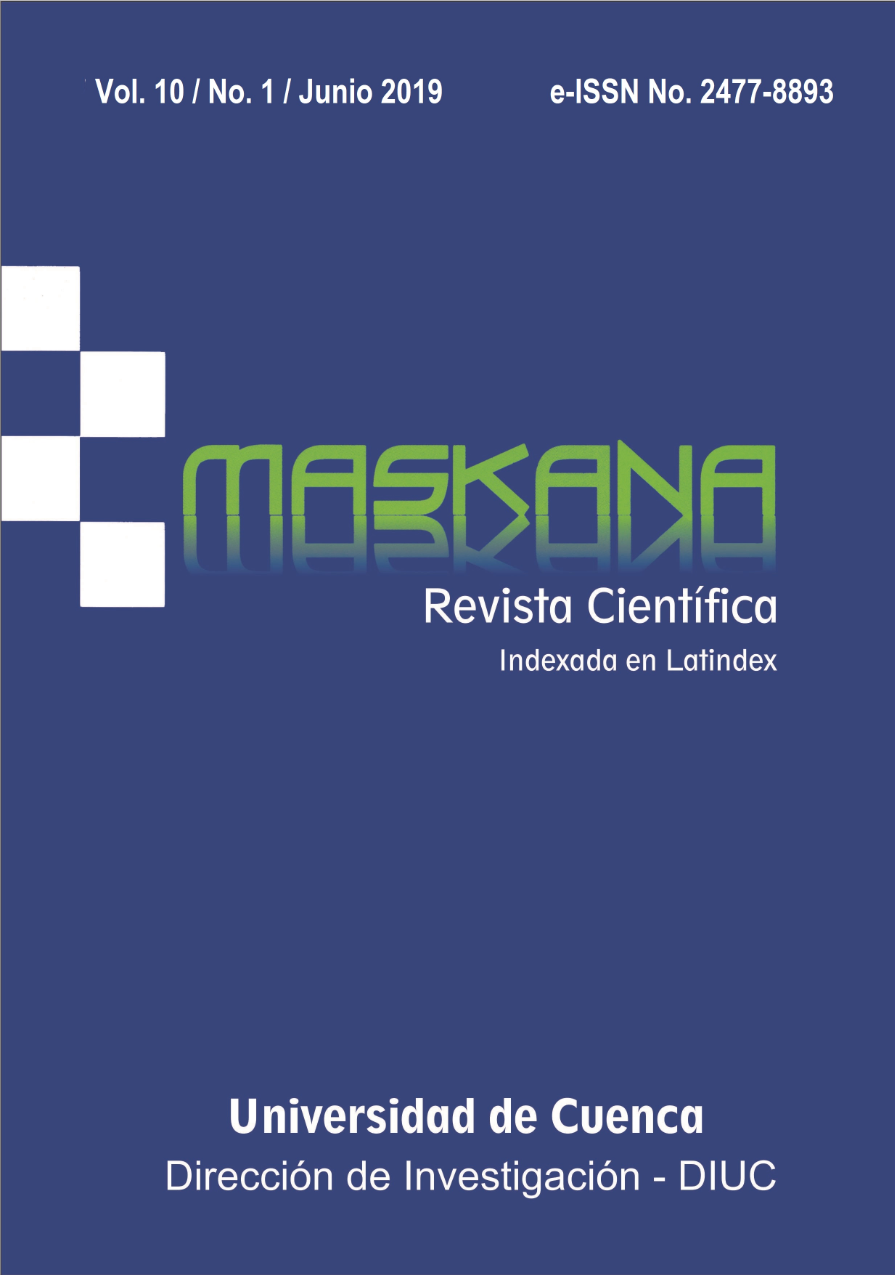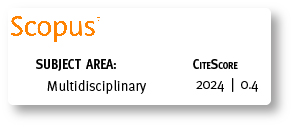English proficiency and learner individual differences: A study of pre-service EFL student-teachers
DOI:
https://doi.org/10.18537/mskn.10.01.01Keywords:
Pre-service EFL teacher trainees, language proficiency, individual factorsAbstract
This study examines the relationship between individual factors such as age, learning opportunities, and motivation and English language proficiency of pre-service EFL student-teachers. A background questionnaire and an English proficiency test were given to 121 student-teachers. The results revealed that the majority of participants have a low English proficiency which is not likely to improve at the end of the teaching program and that third language learning as well as integrative motivation are strong predictors of language proficiency. Qualitatively, respondents described their reasons for having English language difficulties and for their integrative and instrumental motivation, which complemented the quantitative data. Suggestions for pedagogical practice that might improve the situation are given.
Downloads
Metrics
References
Ball, P., Kelly, K., & Clegg, J. (2015). Putting CLIL into Practice. United Kingdom: Oxford University Press.
Bandura, A. (1997). Self-efficacy: The exercise of control. New York: Freeman.
Barrouillet, P. & Gaillard, V. (2010). Cognitive development and working memory: A dialogue between Neo-Piagetian theories and cognitive approaches. New York: Psychology Press.
Brown, D. (2007). Principles of language learning and teaching (5th ed). New York: Pearson Education.
Cohen, J. (1992). A power primer. Psychological Bulletin, 112(1), 155-159.
Cook, V. (2008). Second language learning and language teaching (4th ed.). London, Great Britain: Hodder Education.
Dörnyei, Z. (1990). Conceptualizing motivation in foreign-language learning. Language Learning, 40(1): 45-78.
Dörnyei, Z. (2001). Motivational strategies in the language classroom. London: Cambridge University Press.
Dörnyei, Z. (2010). Questionnaires in second language research: Construction, administration, and processing (2nd ed.). New York, NY: Routledge.
Ellis, N. C. (2001). Memory for Language in P. Robinson (Ed.): Cognition and Second Language Instruction (pp. 33-68). London: Cambridge University Press.
Field, J. (2008). Listening in the Language Classroom. Retrieved from http://ebooks.cambridge.org.myaccess.library.utoronto.ca/ebook.jsf?bid=CBO9780511575945
Gardner, R.C., (2007). Motivation and second language acquisition. Porta Linguarum, 8, 9-20.
Goh, C. (2000). A cognitive perspective on language learners' listening comprehension problems. System, 28, 55-75.
Griessler, M. (2001). The effects of third language learning on second language proficiency: An Austrian example. International Journal of Bilingual Education and Bilingualism, 4(1), 50-60, doi:10.1080/13670050108667718
Hasan, A. (2000). Learners' perceptions of listening comprehension problems. Language, Culture and Curriculum, 13, 137-153.
Lightbown, P. and Spada N. (2013). How languages are learned. United Kingdom: Oxford University Press.
Moyer, A. (2004). Age, accent, and experience in second language acquisition. Clevedon, UK: Multilingual matters.
Ministerio de Educación (n.d). Anuncio para docentes elegibles de inglés. In Fortalecimiento del inglés. Retrieved from https://educacion.gob.ec/anuncio-importante-para-los-candidatos-elegibles-que-aspiran-a-un-nombramiento-como-docentes-de-ingles/
Muñoz, C. (2006). The effects of age on foreign language learning. The BAF project. In C. Muñoz (Ed.) Age and the Rate of Foreign language learning. Clevedon, UK: Multilingual Matters Ltd., pp 1-40.
Oxford, R. (2017). Teaching and researching language learning strategies: Self-regulation in context. New York, NY: Routledge.
Patkowsky, M. (1980). The sensitive period for the acquisition of syntax in a second language. Language Learning, 30(2), 449-472.
Plan de la Carrera de Ciencias de la Educación en la especialización de lengua y literatura inglesa (2013).
Richards, J. C., & Renandya, W. A. (Eds.). (2002). Methodology in language teaching: An anthology of current practice. Cambridge: Cambridge University Press.
Roberts, L. & Meyer, A. (2012). Individual differences in second language learning: Introduction. Language Learning, 62, 1-4. doi:10.1111/j.1467-9922.2012.00703.x
Rost, M. (2001). Listening. In Carter, R. & Nunan, D. (Eds.), The Cambridge Guide to Teaching English to Speakers of Other Languages. Retrieved from http://ebooks.cambridge.org.myaccess.library.utoronto.ca/ebook.jsf?bid=CBO9780511667206
Saslow, J. & Ascher, A. (2006). Top notch/ Summit full-course placement tests. New York, NY: Pearson Education.
Singleton, D. (1989). Language acquisition: The age factor. Clevedon, Avon: Multilingual Matters.
Ur, P., 1995. A course in language teaching. Practice and theory. Cambridge, UK: Cambridge University Press.
Vandergrift, L., & Goh, C. (2012). Teaching and learning second language listening: Metacognition in action. New York, NY: Routledge.
Published
How to Cite
Issue
Section
License
Copyright © Autors. Creative Commons Attribution 4.0 License. for any article submitted from 6 June 2017 onwards. For manuscripts submitted before, the CC BY 3.0 License was used.
![]()
You are free to:
 |
Share — copy and redistribute the material in any medium or format |
 |
Adapt — remix, transform, and build upon the material for any purpose, even commercially. |
Under the following conditions:
 |
Attribution — You must give appropriate credit, provide a link to the licence, and indicate if changes were made. You may do so in any reasonable manner, but not in any way that suggests the licenser endorses you or your use. |
| No additional restrictions — You may not apply legal terms or technological measures that legally restrict others from doing anything the licence permits. |









